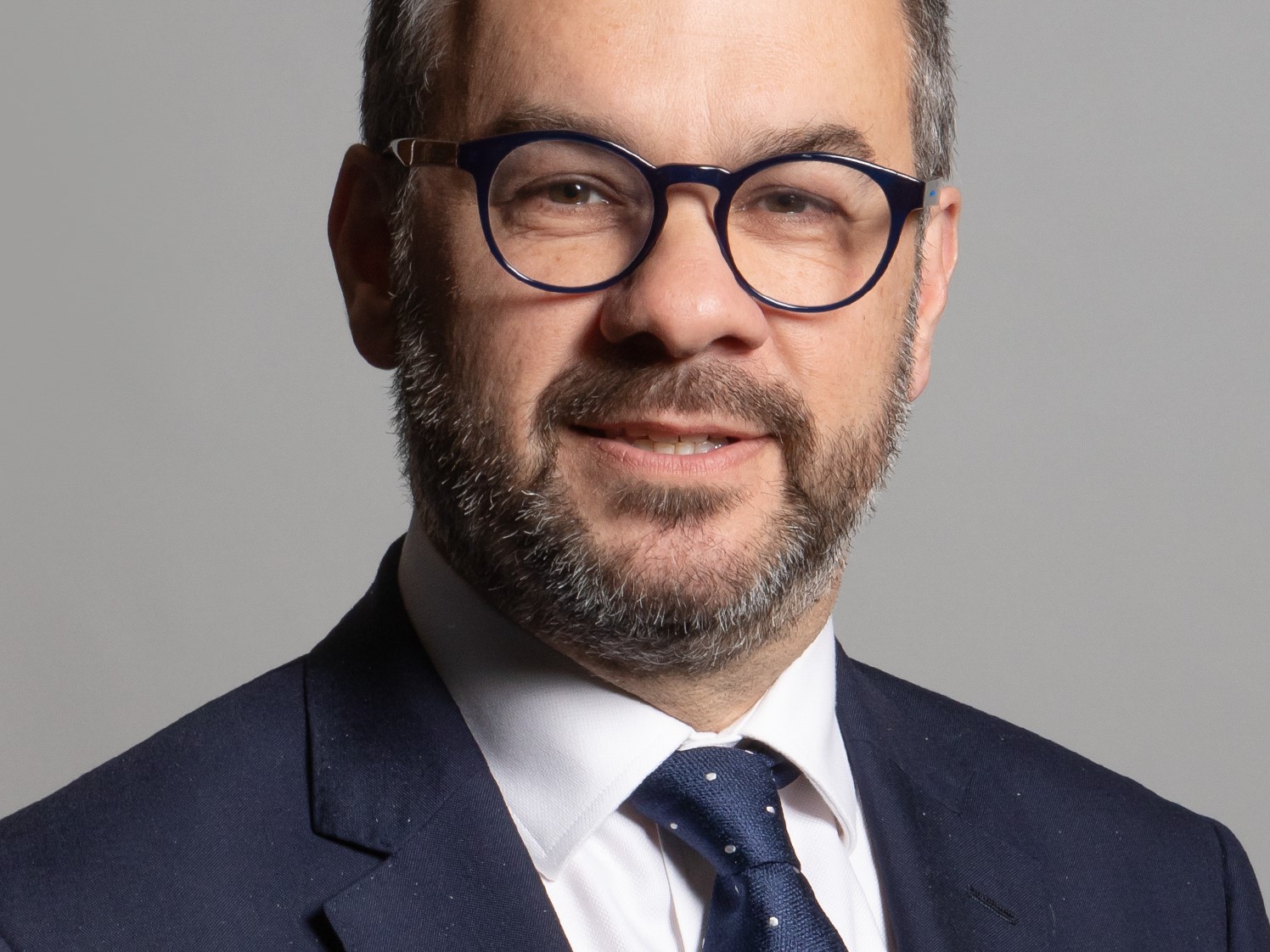Small business minister Paul Scully is trying to help the 1.6m owner-directors shut out of coronavirus government business support schemes.
Although Treasury has said that owner-directors of small businesses could furlough themselves through the Coronavirus Job Retention Scheme, as a company director you can only pay yourself up to £800 through PAYE – which means you have to take the balance of salary as dividends.
For somebody earning £800 per month through PAYE, this would equate to a monthly income of £640.
Mr Scully, speaking during a webinar hosted by accountancy software firm Intuit on Wednesday, he wanted to get money “asap” to owner-directors who “are falling between the cracks” of government coronavirus schemes.
However, the problem is, according to Mr Scully, that the tax system doesn’t differentiate between dividends as part of pay and dividends earned as passive investment income from shares.
There is also a public perception issue as government would not want to be seen to be rewarding company directors who already pay less tax than those paying in through PAYE. Basic tax on dividends is 7.5 per cent; the basic income tax rate is 20 per cent on top of national insurance contributions.
Wants to hear from business
Mr Scully said that he wants to present a solution to the problem of self-employed company directors to chancellor Rishi Sunak and wants to hear from businesses.
However the Treasury is ready to pour cold water on the idea, according to the Financial Times.
Commenting on Mr Scully’s initiative, Dave Chaplin, CEO and founder of contracting authority ContractorCalculator, said: “This is a very contentious issue. The fact though, is that the amount of tax paid on gross profits that are then withdrawn as dividends is similar to that paid on a salary.
“First corporation tax is paid, and then tax on dividends, with combined rates of marginal tax at the higher levels being more for business owners than actual employees. This whole mantra about ‘business owners’ not paying as much tax as employees is dishonest. The difference is actually very little … business owners are the risk takers, yet they are the ones being left behind.”





